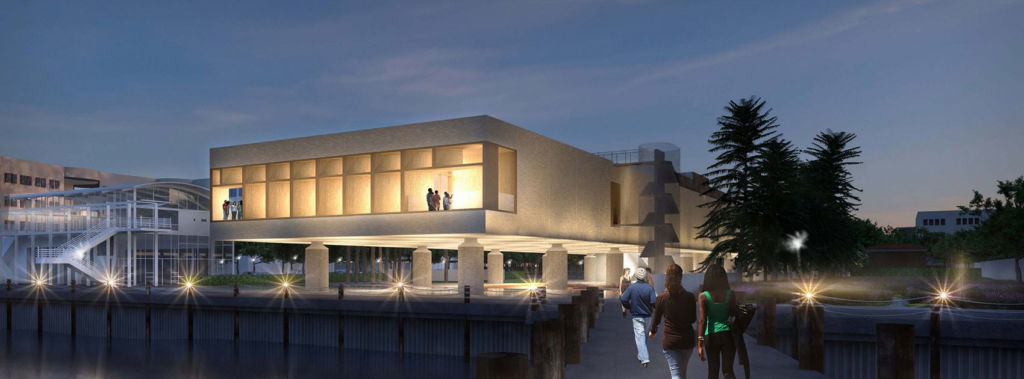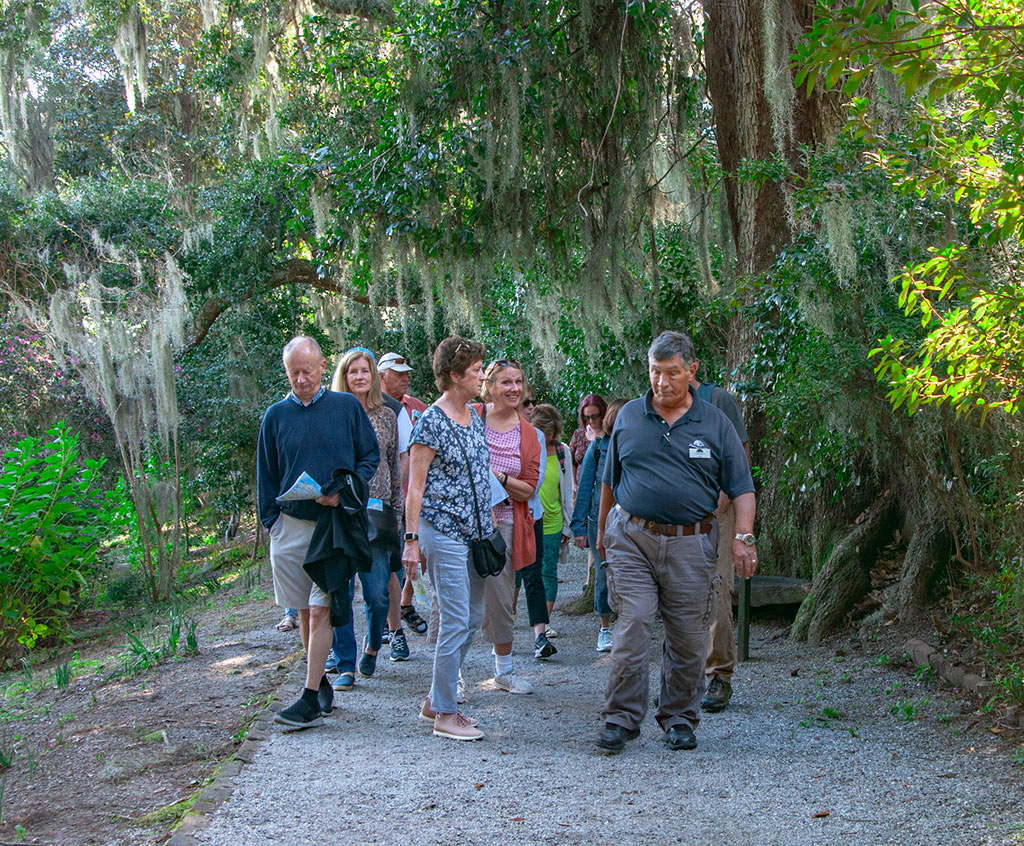Nearly 50 percent of all of the African slaves that came into the United States entered this country through Charleston, South Carolina. It’s only fitting then, that the International African American Museum is scheduled to open up in Charleston in early 2022, after a ceremonial groundbreaking in the fall of 2019.
“Blackness, black culture, the African experience, the African-American experience, slavery, however you want to slice it, this is ground zero,” said Henry Louis Gates, Jr, American Historian and Filmmaker, of Gadsden’s Wharf in the city of Charleston.
The 2022 opening of the museum feels almost prescient following the tumultuous events of 2020, with a heightened awareness of the Black Lives Matter movement following the death of George Floyd at the hands of police on May 25 in Minneapolis. The idea for the museum in Charleston is years in the making, and although the pandemic has pushed the opening until early 2022, the city has never wavered on its plan dating back to 2000.
Now 20 years later, the idea will come to fruition with a $92 million museum, genealogical center, and memorial garden to explore and honor the history of African Americans on the very site where many can trace their family lineage. The International African American Museum is to be a testament to history, to endurance and achievement, to culture, and to hope.
“It is important to share the beauty and dynamism of the African identity that shapes so much of the African American cultural experience,” said IAAM COO Elijah Heyward III. “It is also important to lean into the triumph bred through tenacity, innovation, and the creative spirit. How do we offer a community that has not been given a viable platform on the historic stage a platform to see themselves as agents in the American narrative?”
Historical Significance of Gadsden’s Wharf
The museum’s roots reach much further back than the former mayor’s vision — back to the 1780s at Charleston’s Gadsden’s Wharf, where historians estimate nearly half of all enslaved Africans who were brought to North America were funneled. Now, the very site will be a testament to the rich history of the African American history that began at Gadsden’s Wharf along the Cooper River.
The museum will include exhibits tracing African American history from Africa to North America, from Gadsden’s Wharf to plantations, from the earliest days of slavery up to today. Exhibits will highlight notable African Americans and their contributions to South Carolina and American history, and they’ll explore the details of African American life and culture, including that of the Gullah and Geechee people. And because it is purposefully international in scope, the museum will also feature sections about the millions of descendants of slaves in Latin America and the Caribbean.
Between 1783 and 1808, the peak years of the transatlantic slave trade, an estimated 100,000 West African men, women, and children awaited sale at the wharf. According to information from the museum, it’s possible that all African Americans can identify at least one ancestor who passed through the South Carolina point of entry, which is often referred to as the “Ellis Island of African Americans.”
“In my view, one of the greatest casualties of the period of enslavement is the fact that the Africans who were brought here, and sort of current-day African Americans, our history, our sense of history, understanding where we came from, what our culture was, that was all white-washed away,” said Michael B. Moore, the CEO of the project from 2016-2019. “So to have a museum on the spot where enslaved people came through, just helps to frame the African American Experience in this country in a way that I believe will just be extraordinarily uplifting.”
Museum Will Offer a Wide Array of Features and Exhibits
According to the IAAM website, the museum will explore cultures and knowledge systems retained and adapted by Africans in the Americas, and the diverse journeys and achievements of these individuals and their descendants in South Carolina, the United States, and throughout the African diaspora. Visitors will engage with dynamic exhibits featuring historical figures, events, and experiences from slavery through the 20th-century civil rights movement and into the present.
The museum grounds will also include an African Ancestors Memorial Garden to commemorate this sacred site. It will be a place to reflect, experience botanic gardens, artistic installations, a huge infinity fountain on the edge of the original wharf, a soundscape that explores diverse African languages, performances, programs, and more.
Another feature will be the Center for Family History that will serve as a groundbreaking resource for the study and advancement of African American genealogy, with connections to Africa and the African diaspora. Workshops and educational programming will be offered.
“I absolutely believe this will be one of the most important sites, museums, memorials, in the entire country because of the intersection of history and location,” said Moore. “I think about Ellis Island, and I have friends whose families came through there, and I feel I’ve seen just what that means to them, and I’ve always felt a little disconnected to that because I didn’t have any history there. Well here’s the opportunity for people of African American descent to have that kind of connection.”
Galleries at the museum will feature exhibits such as Carolina Gold: Rice Culture in the Lowcountry, which will detail how wealth that resulted from rice, tobacco, sugar, and cotton cultivation in the South—all based on slave labor—went on to fuel the United States’ economic growth. An exhibit titled American Journey—South Carolina Lens will provide an in-depth timeline of South Carolina’s history. According to museum organizers, this interactive gallery will reflect on the lasting impact of slavery on U.S. society and pose questions “about ‘why’ and ‘how’ certain situations persist” in regard to issues such as voting rights, mass incarceration, and policing. There will also be changing exhibitions throughout the year, many of which will go further than recounting the story of slavery alone.
“We’re always aware, if we choose to be, of the ghosts and echoes of an almost inexpressibly wise past,” said filmmaker Ken Burns. “I think what this museum does, is say, ‘Let’s learn our history.’ We can both feel the stultifying prison that slavery obviously is, and at the same time, be uplifted knowing that we have appealed to the better angels of our nature.”
At Charleston Tours & Events, we couldn’t be more thrilled to have the International African American Museum as our newest neighbor. Charleston is a city that is so steeped in history, and this museum is long overdue as a representation of African American history.



